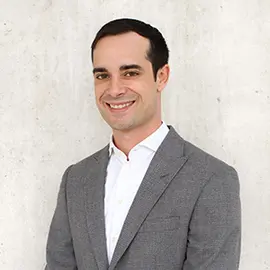Adding value to wood from sustainable forests and cascading use of wood residue in Jujuy, Argentina
The Zurich School of Applied Sciences will bring Swiss technology and expertise to Jujuy, Argentina, to the wood extraction and processing industry, with the long-term objectives of creating jobs, boosting the local wood industry, and improving the environment.
Description
The project is a pilot to test and verify the technology, develop the necessary business models and go to market strategy so it is economically sustainable for multiplication in regions with similar conditions (e.g., Chaco, Salta, Misiones). The pilot project is implemented in a partnership with Argentinian and Swiss entrepreneurs, academics and governmental agencies.
The project aims to make good use of part of the wood residue in the region of Caimancito in Jujuy. The region is known for its wood processing industry and has high value tree species. The wood residues are currently burnt, which leads to pollution and health issues. Through pyrolysis the wood residue creates heat and gets transformed into biochar (a carbon-rich material which stores CO2).
The biochar can, among others, be applied for soil enrichment, be added to building material, or be used for cattle feed. The process heat will dry wood professionally and thereby enhancing the quality to add value to the wood (e.g. flooring and furniture) and improve the local wood industry.
Key data
Projectlead
Deputy Projectlead
Peter Qvist-Sorensen
Project partners
Generation Carbon GmbH; Natürlich Meister Holzart GmbH; National University of La Plata; National Agricultural Technology Institute; Municipality of Caimancito; Instituto Minka; Ministry of Economic Development and Production of Jujuy; Ministry of Environment of Jujuy; Curupay SAS; LASA-Agro; BCHAR AG
Project status
ongoing, started 04/2025
Institute/Centre
Zurich Center for Sustainability Leadership (ZCSL)
Funding partner
NET Nowak Energie & Technologie AG
Project budget
150'000 CHF
